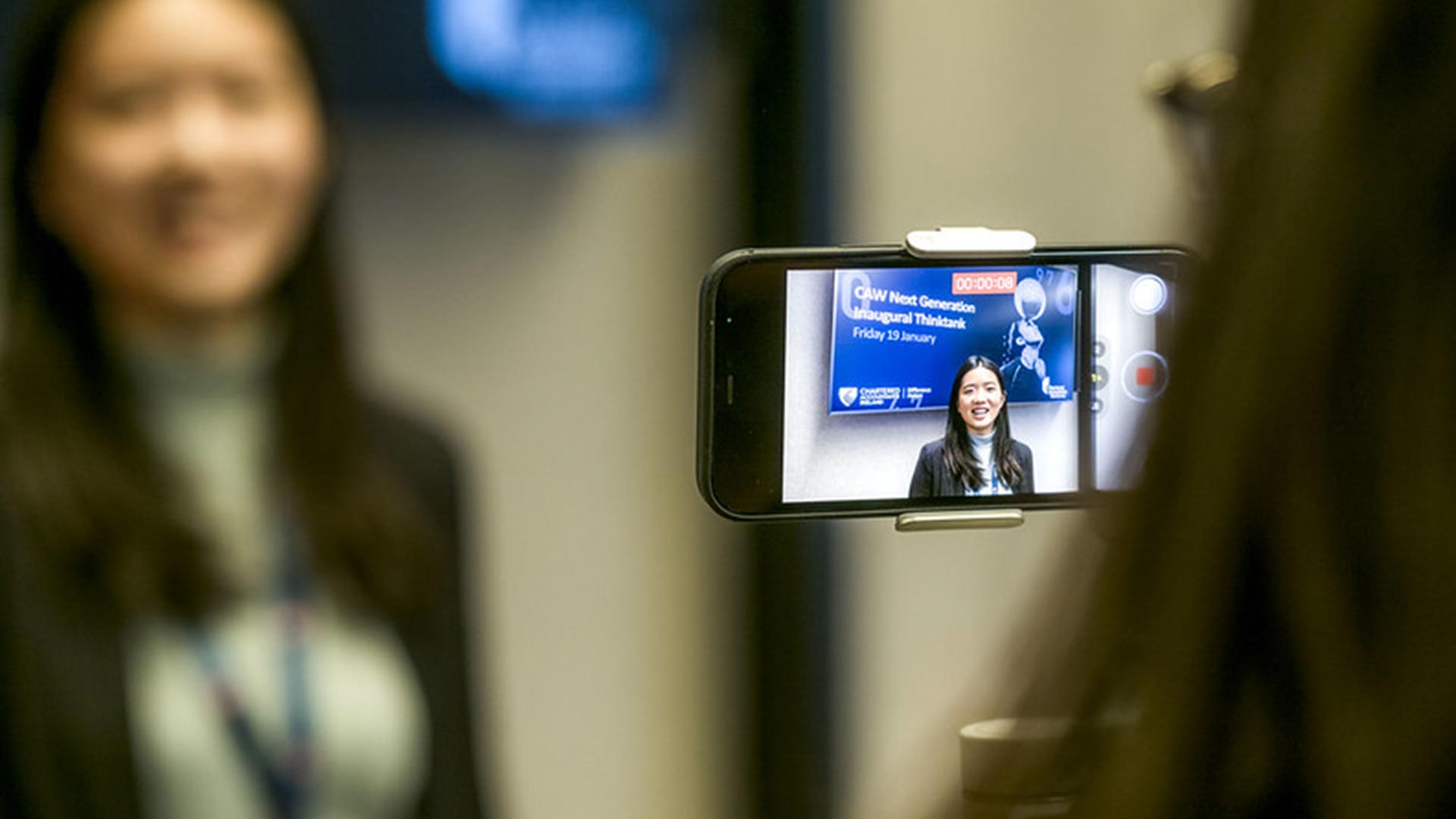Key insights from the Equality. Diversity. Opportunity. webinar
While, there are many achievements to celebrate when it comes to equality, we still have a long way to go. We all have a responsibility to confront the systemic disadvantages many individuals experience on the basis of their race, religion, gender, sexual orientation and socioeconomic status. Read our six key insights from the webinar below.
The ‘Building Resilience’ webinar series is aimed at young finance, accountancy and business professionals, students, and One Young World Ambassadors. The ‘Equality. Diversity. Opportunity’ webinar included presenters Sinead Fox-Hamilton and Michael Walls with guest speakers Kate Robertson, the Co-Founder of One Young World, Ronan Dunne, EVP & CEO Verizon Consumer Group, Caroline McGroary, Assistant Professor at DCU Business School, Deborah Somorin, PwC, Founder at Empower the Family, Sheree Atcheson, Global Director of Diversity, Equality at Peakon and Barry Dempsey, CEO Chartered Accountants Ireland and Chartered Accountants Worldwide Board Member.
The quality of courage
Kate Robertson explored the quality of courage and resilience that she witnessed in meetings with leaders from opposing sides during the Northern Ireland peace process. She said she had never seen such levels of courage and maturity, and a desire to bridge the diversity gap.
Key takeaway: In our professional lives we need courage, a culture of inclusion, and to acknowledge the humanity of others. This has been proven time and again to not only make businesses more profitable but lead to more contented and more productive employees.
Being an actionable ally
Sheree Atcheson explained what it means to be an actionable ally. An ally is someone who actively, and proactively, works to promote a culture of inclusion that benefits – and prevents harm to – everyone as a whole. Being an ally is intersectional: white women can be allies to people of colour, heterosexuals can be allies to the LGBT+ community, able-bodied people can be allies of the disabled.
Key takeaway: To be an effective ally, you first have to understand your own level of privilege and explore what you can do to help bring about change. It is about building long-term, trusting, and accountable relationships with the groups that you are trying to help. Further, to be a good ally, you need to really listen to – and advocate for – people by lifting them up.
Financial literacy
Chartered Accountant and Assistant Professor at Dublin City University Caroline McGroary spent a lot of time in Saudi Arabia working to improve the financial literacy of women. Staggeringly, over 60% of Saudi women don’t have bank accounts. This contributes towards issues in the home and in the workplace and leads to gender inequality. Caroline wanted to work under the United Nation’s Sustainable Development Goal (UN SDGs) framework, focusing on quality education and gender equality (SDG goals 4 and 5).
As a direct result of the #FinBiz2030 initiative, Caroline designed a series of financial literacy workshops (in conjunction with partners including One Young World and Chartered Accountants Worldwide and Chartered Accountants Ireland) to educate and empower her students to go out into their local communities and educate people about the importance of financial literacy.
Key takeaway: You have the power to start an initiative and to make a real difference in your community, for example by helping to boost the financial literacy.













